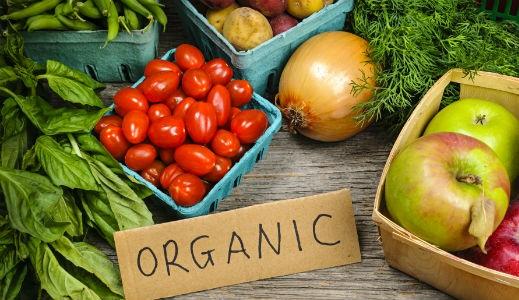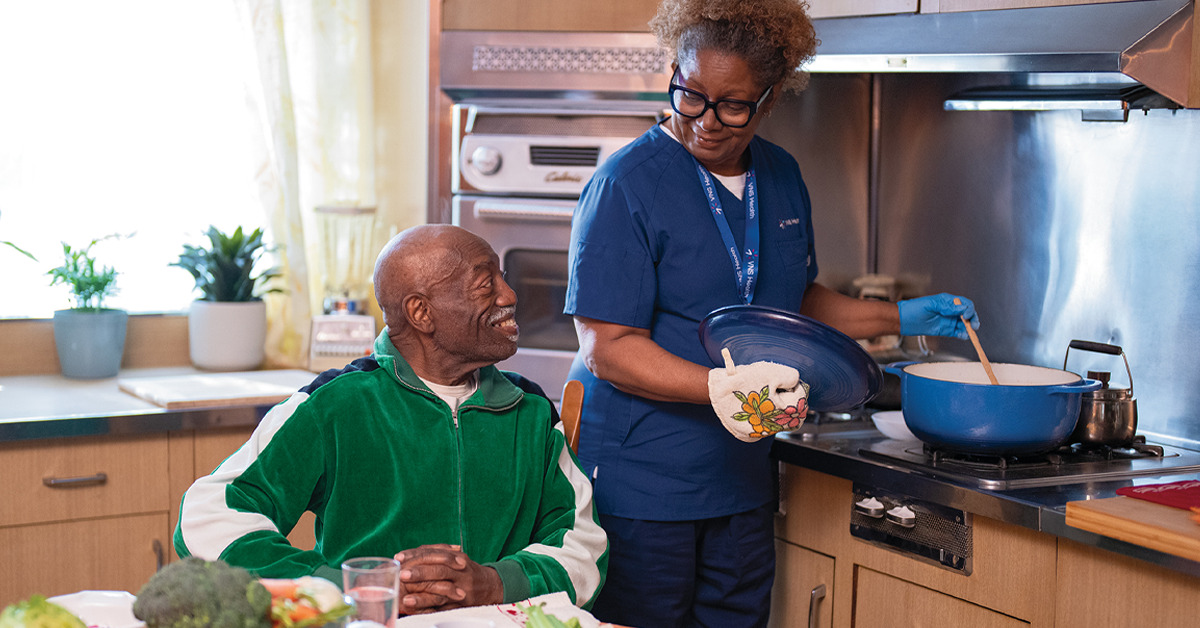Is Organic Food Worth the Cost?

WHEN TO SAVE, WHEN TO SPEND
Organic foods often cost up to 30 percent more than regular foods. But are they worth the higher price? Let’s take a look.
Is organic food better for you?
Some studies have shown that organic milk and organic meat are higher in omega-3s (a type of healthy fat) than regular milk and meat. Organic produce may be higher in vitamins or compounds that may help protect against diseases. In almost all studies, however, the differences were very small.
Does organic food taste better?
Organic foods are often grown on small farms and sold locally. They may be very fresh when you eat them. Food often tastes better when it is fresh. So the taste may be due to freshness, not how it was grown.
Is organic food better for the planet?
Organic farming almost always uses methods that conserve soil and water, and that take less energy . However, if you’re buying organic foods that are trucked cross-country or imported, pollution from shipping will affect the environment.
Is organic food safer?
Organic foods are almost always lower in pesticides. Organic meat, eggs, and dairy are usually lower in drug-resistant bacteria. But all foods must meet federal standards for safety.
What’s the bottom line?
About 75 percent of Americans don’t eat enough fruits or vegetables. If your grocery budget allows for it, buy organic. But most experts agree that it is better to eat more fruits and vegetables regardless of how they were grown, with three exceptions:
- If you buy a lot of imported produce. Many countries have different standards about use of pesticides.
- If you’re pregnant or nursing, or if you feed small children. Pesticides are more likely to harm infants and children under age 12.
- If you eat a lot of fruits and vegetables that don’t have peels (such as berries) or that you don’t peel before eating (such as tomatoes, grapes or raisins, zucchini, peaches, and apples).


